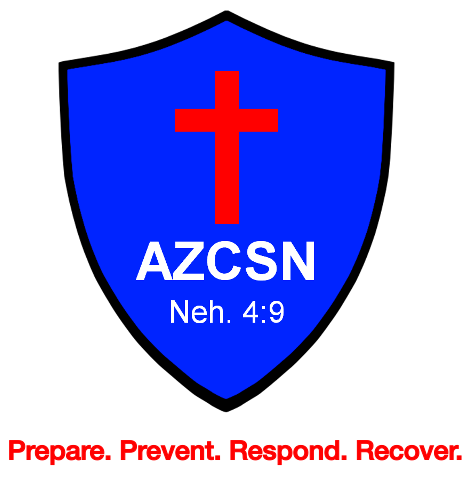
15 For we do not have a high priest who is unable to sympathize with our weaknesses, but one who in every respect has been tempted as we are, yet without sin. 16 Let us then with confidence draw near to the throne of grace, that we may receive mercy and find grace to help in time of need. Hebrews 4:15-16
Last week, in James 1:2-8 recognized James was encouraging us to evaluate how we look at the trials we face. He was reminding us, God has a purpose for each of the trials in our lives and we are called to be steadfast. God’s purpose can only be accomplished when we respond to them in the correct way. When we are uncertain of the correct response, James reminds us to pray for wisdom.
In this weeks verses one of the themes we encounter will be temptations. Although temptations are closely related to trials, we will find some distinct differences.
Let’s turn now to James 1:9-18.
9 Let the lowly brother boast in his exaltation, 10 and the rich in his humiliation, because like a flower of the grass he will pass away. 11 For the sun rises with its scorching heat and withers the grass; its flower falls, and its beauty perishes. So also will the rich man fade away in the midst of his pursuits.
12 Blessed is the man who remains steadfast under trial, for when he has stood the test he will receive the crown of life, which God has promised to those who love him. 13 Let no one say when he is tempted, “I am being tempted by God,” for God cannot be tempted with evil, and he himself tempts no one. 14 But each person is tempted when he is lured and enticed by his own desire. 15 Then desire when it has conceived gives birth to sin, and sin when it is fully grown brings forth death.
16 Do not be deceived, my beloved brothers. 17 Every good gift and every perfect gift is from above, coming down from the Father of lights, with whom there is no variation or shadow due to change. 18 Of his own will he brought us forth by the word of truth, that we should be a kind of firstfruits of his creatures.
In these verses James is teaching us about temptation. Where does most temptation come originate according to James? Unlike trials which we recognized last week God may place in our lives for various reasons, we are never tempted by Him as James reminds us in verse 13. Where does temptation originate then? We recognize Satan tempted Jesus in the wilderness and it is possible to be tempted by other people as well. However, James isn’t focused on these external sources of temptation. Rather, James is focused on our own internal, evil desires, or lust, which can entice us into sin. It is important to remember the temptation is not sin itself, it isn’t until we act on the temptation that we engage in sin. Temptation is something each one of us will face continually while on earth.
What can we do when we are tempted? There are several ways we can respond to temptation. We can pray for wisdom! We can ask for advice from other believers. If it is a temptation we can run away from we could flee. Jesus showed us how to avoid temptation when He was tempted by Satan in the wilderness. He responded to every temptation with the word of God. This is one of the reasons that memorizing scriptures are so important for us. When we are tempted, we can think of a verse that tells us how to respond.
Here are a couple of verses we might want to memorize for times when we are going through trials or temptations, we just read one of them.
Blessed be the God and Father of our Lord Jesus Christ, the Father of mercies and God of all comfort, who comforts us in all our affliction, so that we may be able to comfort those who are in any affliction, with the comfort with which we ourselves are comforted by God. 2 Corinthians 1:3-4
Blessed is the man who remains steadfast under trial, for when he has stood the test he will receive the crown of life, which God has promised to those who love him. James 1:12
Trials and temptations do have something in common. We can respond to both of them in a similar way. First, we can pray! Regardless of the source of the trial or temptation we can pray. Second we can reflect on Bible verses and read the Bible to see how God desires for us to respond. We can ask other Believers what we should do. Finally, we can grow in our faith because we have a Savior, who has experienced trials and temptations and was willing to go to the cross, dying in our place and rising again, so we can know the one true God.
Scripture quotations are from The Holy Bible, English Standard Version® (ESV®), copyright © 2001 by Crossway, a publishing ministry of Good News Publishers. Used by permission. All rights reserved.
©Christopher Taylor 2023
